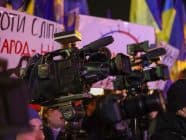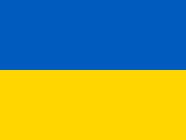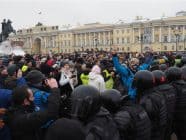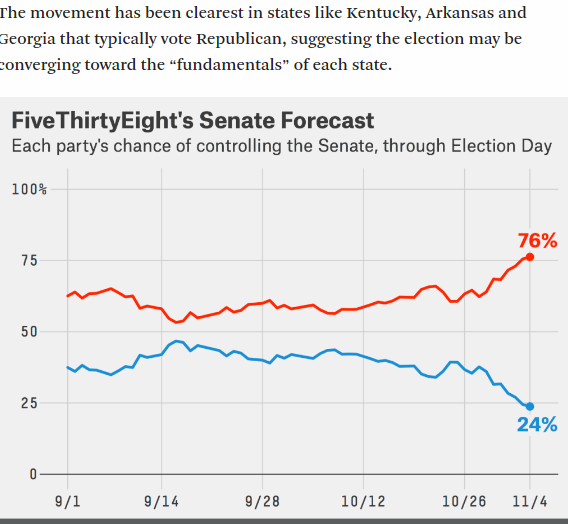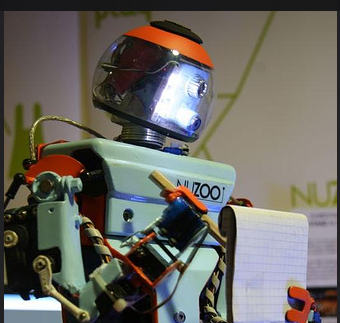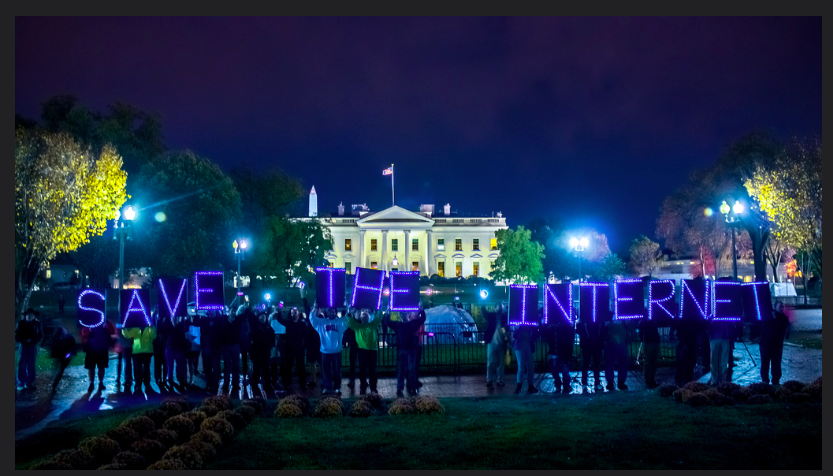Ukrainian journalists and social activists are fighting back against what they claim is a flood of distorted, inaccurate coverage of the country’s affairs from the Russian media.
The Ukrainian media have started compiling lists of what they claim are lies circulating in Russian media. Top-managers of several leading Ukrainian media companies also wrote a letter to their Russian counterparts calling them to be objective in their coverage of events in Ukraine.
A new crowdsourced project, StopFake, is designed to be a rapid rebuttal unit, correcting inaccurate reporting about events in Ukraine during the crisis in Crimea. The website was created by graduates of the Mohyla School of Journalism – one of the partners of the European Journalism Observatory network – and Digital Future of Journalism program. The site is in Russian and English. The Russian version is targeted at Russian speakers in Ukraine and elsewhere in the region, who may regularly watch Russian TV news and the English language webpage is aimed at Western reporters and interested parties.
The site is part of a wider campaign: on March 5, major Ukrainian media NGOs published an appeal to foreign media urging them to beware of Kremlin’s anti-Ukrainian propaganda, and said much reporting on Ukraine by the Russian media is untrue.
For instance, one Russian TV report claimed crowds of Ukrainians were fleeing Ukraine to seek asylum in Russia. To illustrate this reporters showed long lines of cars at the Ukrainian-Russian border. It turned out, however, that video was shot at the Ukrainian-Polish border – the name of Shehyni checkpoint can be seen on the video. Another TV channel, Russia 24, showed footage of protesters in downtown Kiev but claimed it was Simferopol, the capital of the Crimean region.
The Russian media has been portraying protesters as ‘radicals’ and ‘extremists’ and have repeatedly said that far right radicals are generating the violence. When tensions shifted from Kiev to Crimea, the coverage of the crisis became more partisan.
Many Ukrainian journalists worry that the Russian media is also having an affect on western public opinion. In particular, they argue that the idea that the Ukrainian protests are being orchestrated by far right groups is incorrect, according to many scholars researching Ukrainian nationalism, and yet remains a prevailing theme in western media coverage of events in Ukraine.
Self-proclaimed pro-Russian authorities in Crimea have already cut off several Ukrainian TV channels replacing them with Russian ones and some Ukrainian politicians have recently suggested that the state should cut off Russian Channels in Ukraine.
One Kiev-based cable and Internet provider Lanet has reportedly already dropped three Russian TV stations for “broadcasting aggressive propaganda, calling for war and spreading hate.”
This stand off could ultimately result in television viewers in the region receiving less, rather than more information.
Photo credit: Ivan Bandura / Flickr Cc
Tags: conflict, Crimea, maidan, media, media coverage, Politics, Protest Coverage, Russia, Russian Media, stopfake, Ukraine



